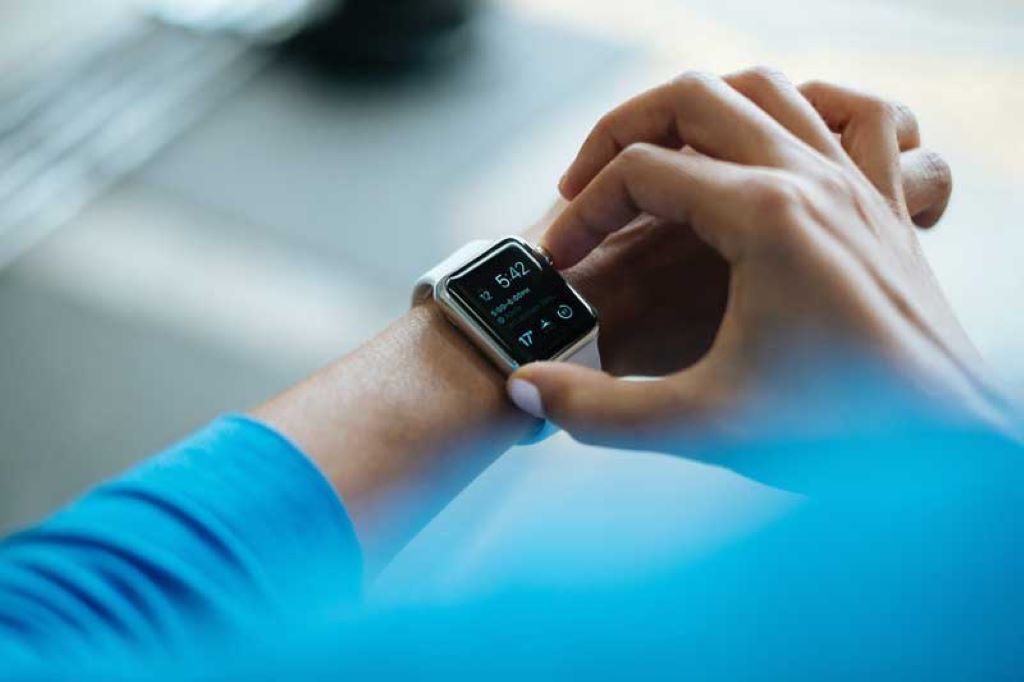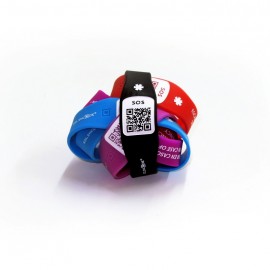Smartwatches have evolved from mere techy gadgets to powerful personal healthcare tools. With their advanced sensors and seamless connectivity, they’re empowering people to take charge of their well-being like never before. In this article, we’ll explore how smartwatches are revolutionizing healthcare and provide insights for anyone interested in using them for better health management.
The Rise of the “Health” Smartwatch
Gone are the days when smartwatches were just glorified step counters. Today’s models boast sophisticated health-monitoring features, transforming them into miniaturized health clinics on your wrist. Here’s how they’re changing the game:
- 24/7 Health Tracking: Smartwatches continuously track metrics like:
- Heart Rate: Monitoring resting heart rate, heart rate variability, and potential irregularities for heart health insights.
- Blood Oxygen Levels: Helping with respiratory health assessments and possible early detection of conditions like sleep apnea
- Sleep Patterns: Detailed analysis of sleep stages to gain insights into sleep quality and identify potential sleep issues.
- Stress Levels: Tracking physiological indicators of stress, promoting healthier stress management.
- Activity and Fitness Goals: Setting customized goals, tracking steps, calories burned, workouts, and even specialized activities like swimming and cycling.
- Personalized Insights and Guidance: Smartwatches transform raw data into actionable recommendations for better exercise routines, sleep habits, and overall health.
Clinical-Grade Capabilities & The Future
While not replacing a doctor’s visit, some smartwatch features are approaching clinical-grade accuracy:
- Electrocardiograms (ECG): Detecting atrial fibrillation (AFib), a common heart arrhythmia that can increase stroke risk, is now possible with some advanced smartwatches.
- Blood Pressure Monitoring: Still in the early stages, but promising developments suggest your watch might provide blood pressure readings soon.
The future holds incredible potential. Researchers are exploring smartwatch use for monitoring conditions like Parkinson’s disease, detecting glucose levels, and even predicting illness before symptoms start.
Benefits Beyond the Basics
Smartwatches empower you to take a more proactive role in your health:
- Increased Awareness: Real-time health data creates a heightened awareness of your body’s patterns, helping you make informed lifestyle choices.
- Early Detection: Noticing subtle changes in heart rate, sleep, or activity levels can prompt you to seek medical advice earlier, potentially catching health issues in their early stages.
- Improved Medication Adherence: Reminders and alerts help you stay on track with medications, crucial for managing chronic conditions.
- Chronic Condition Management: For conditions like diabetes or heart disease, smartwatches can aid self-management, potentially reducing complications.
- Motivation and Support: Gamification, challenges, and personalized coaching features keep you motivated to reach your health goals.
Considerations and Choosing the Right Smartwatch
Before investing in a smartwatch, consider:
- Features: Does it track the metrics most important to you? Look for accuracy and clinically validated features where possible.
- Compatibility: Ensure it works seamlessly with your smartphone (iOS or Android).
- Battery Life: Choose a watch with decent battery life to avoid frequent charging disruptions.
- Comfort and Style: You’ll be wearing it daily, so comfort and aesthetics matter.
- Privacy and Data Security: Understand how your health data is collected, stored, and shared. Reputable brands prioritize user privacy.
The Verdict: Are Smartwatches a Healthcare Game-Changer?
While smartwatches shouldn’t replace regular checkups with a doctor, their healthcare potential is undeniable. They provide continuous monitoring, personalize insights, and empower people to proactively manage their well-being. If you’re seeking a powerful tool to understand and improve your health, a smartwatch could be a smart investment.
Important Disclaimer: Smartwatches are not medical devices. Always consult a healthcare professional before making significant health-related decisions based on smartwatch data.




